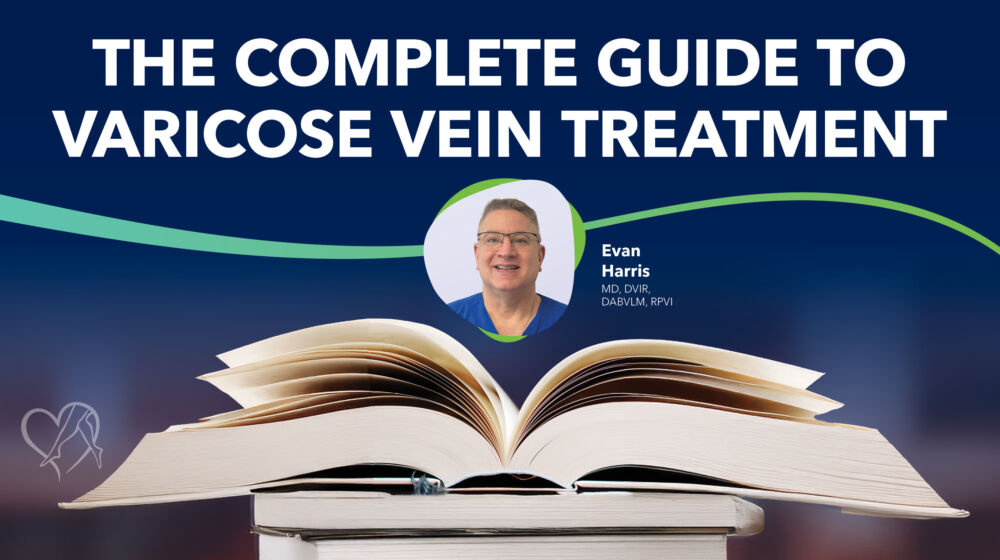Can you treat post-pregnancy varicose veins while breastfeeding? While today’s vascular treatments are minimally invasive with little downtime, it may be better to wait.
Maybe you're experiencing varicose veins for the first time, either during pregnancy or after giving birth. The good news is that postpartum varicose veins usually disappear on their own within three to six months. However, your leg pain and swelling may feel more troublesome than ever, pushing you to consider vein treatment. As a nursing mom, your priority is your newborn's health, so is it safe to undergo vein treatment while breastfeeding?
Today’s varicose vein treatments are so minimally invasive that they won’t interfere with your breastmilk. However, it's generally recommended that you postpone vein procedures until after you're done nursing.
Varicose veins and pregnancy
When your body prepares for birth, it increases blood volume to nourish you and the growing baby. The pregnancy hormone progesterone relaxes and expands the vein walls to accommodate the additional blood.
It’s not uncommon for veins to become overwhelmed by this surge of blood. In particular, the tiny valves lining the inside of the leg veins cannot close tightly and push all this extra blood back to the heart. Over time, the sheer amount of blood wears down the valves. They stay open and allow blood to collect within the vein walls. When enough blood pools, a varicose vein forms.
The developing baby also puts pressure on the inferior vena cava, the large vein carrying blood from the legs and feet to the heart. This pressure makes it even harder for the vein valves in the legs to do their job. Not only are the valves fighting against gravity, but they also have to contend with the additional strain of the baby.
Managing varicose veins while you’re pregnant
Pregnancy-induced varicose veins usually disappear a few months after delivery, so medical treatments aren’t needed as you breastfeed. It’s recommended you wait until after nursing to consider any treatments. Time and several self-care therapies reduce the painful symptoms. Here are some to try:
Don’t sit or stand for too long. Blood tends to pool when you are seated or standing, causing the pain of varicose veins to worsen.
Wear compression stockings to apply gentle pressure on the leg veins, so blood flows efficiently.
Sleep on your left side to lift pressure off the vena cava.
Elevate your legs to drain blood from the legs to the heart.
Take daily walks to work the calf muscles and support blood flow in the leg veins.
These methods should alleviate your discomfort until the varicose veins eventually vanish. However, it’s understandable if the discomfort is so great that you must consider medical alternatives. After all, you don’t want to be in pain as you nurse your newborn! Of course, any decision on vein treatment should be made in consultation with your doctor, who may recommend a minimally invasive procedure. This recommendation could include thermal ablation or sclerotherapy.
Thermal Ablation: Heat from a laser or radiofrequency waves destroys the diseased veins. Only a local anesthetic is used on your legs so that the procedure won’t affect any other parts of your body or your breastmilk.
Sclerotherapy: A saline-based solution irritates the walls of the varicose vein to collapse it, diverting blood to nearby healthier veins. Note that no studies have proved sclerotherapy is safe for breastfeeding mothers. Doctors generally recommend you wait to have sclerotherapy done.
Vein care for every stage of life
Whether you're pregnant or nursing your baby, Center for Vein Restoration (CVR) facilities are here to help you care for your veins. CVR specializes in vascular medicine, and our team of experienced vein specialists can help you navigate your vein journey from diagnosis to treatment.
Contact one of our offices today for a consultation, or call 240-965-3915 to speak to a dedicated Patient Services Representative. If you prefer, you can easily schedule online.
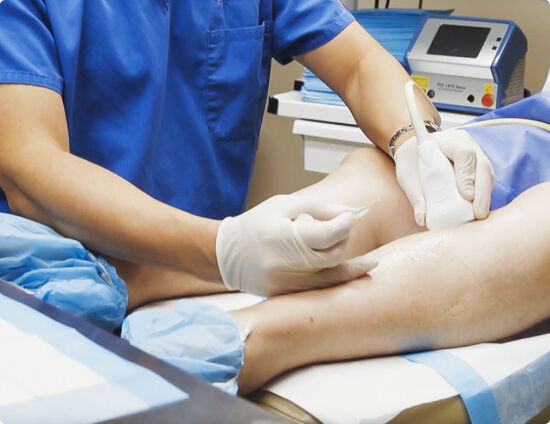
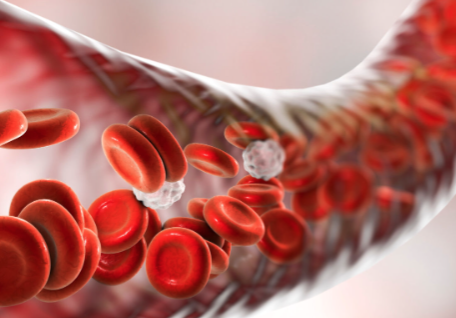 About Vein Disease
About Vein Disease
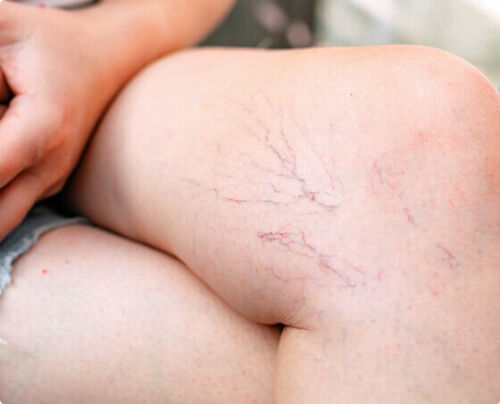 Spider Veins
Spider Veins
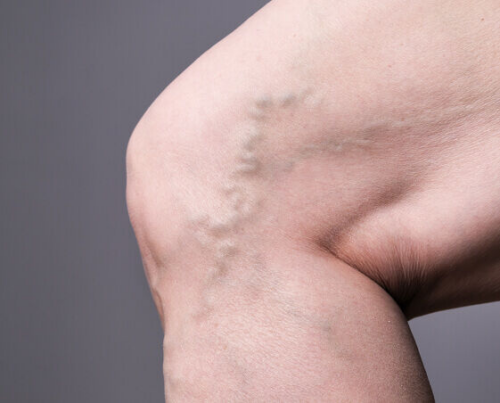 Varicose Veins
Varicose Veins
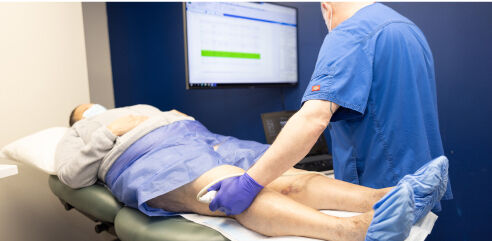 Vein Disease Treatments
Vein Disease Treatments
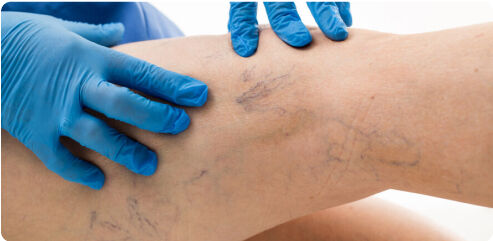 Treating Spider Veins
Treating Spider Veins
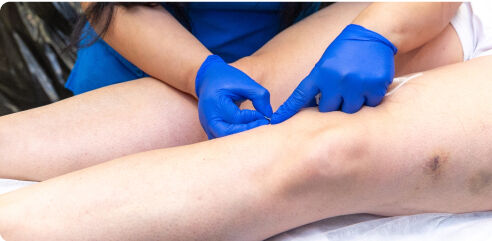 Treating Varicose Veins
Treating Varicose Veins
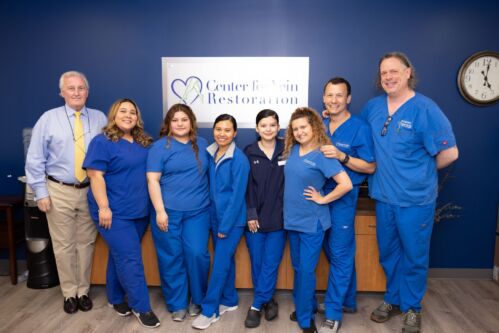 About Us
About Us
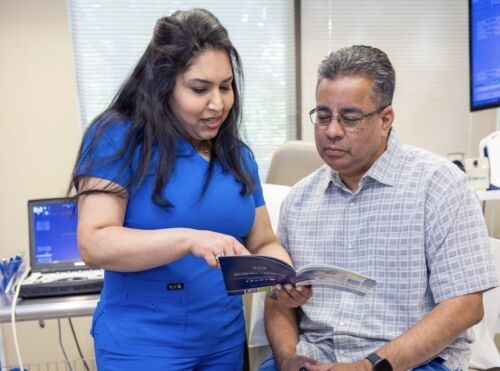 Patient Resources
Patient Resources
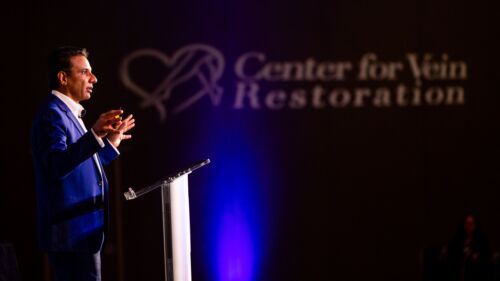 Physician Resources
Physician Resources

